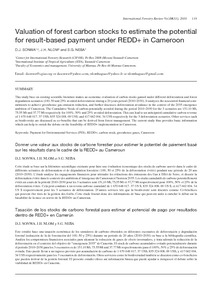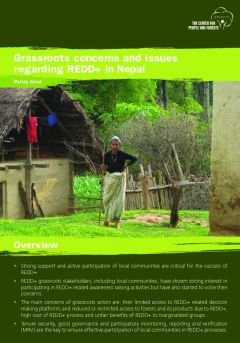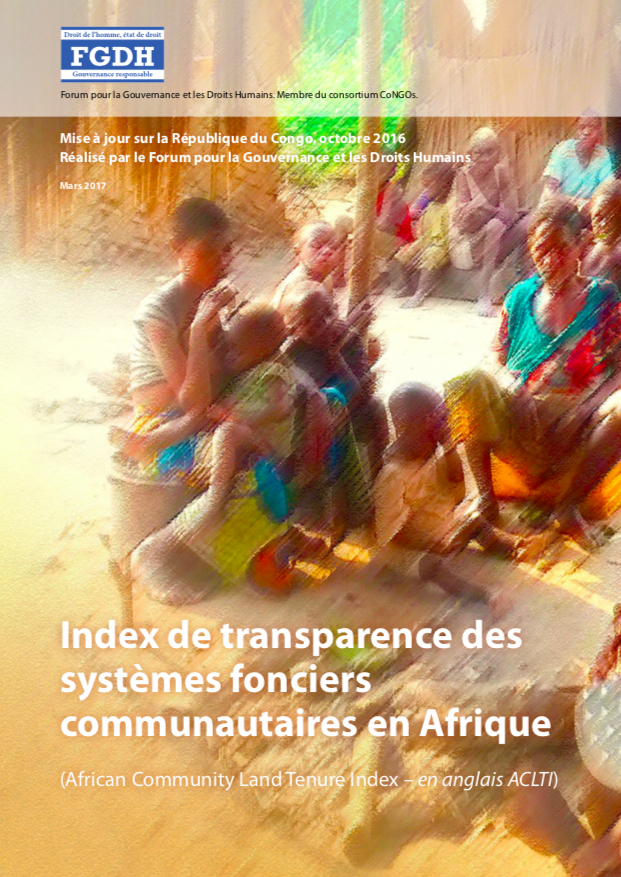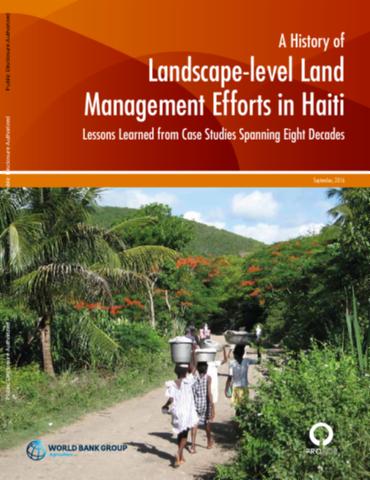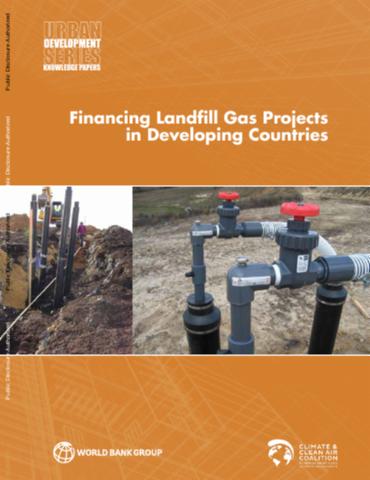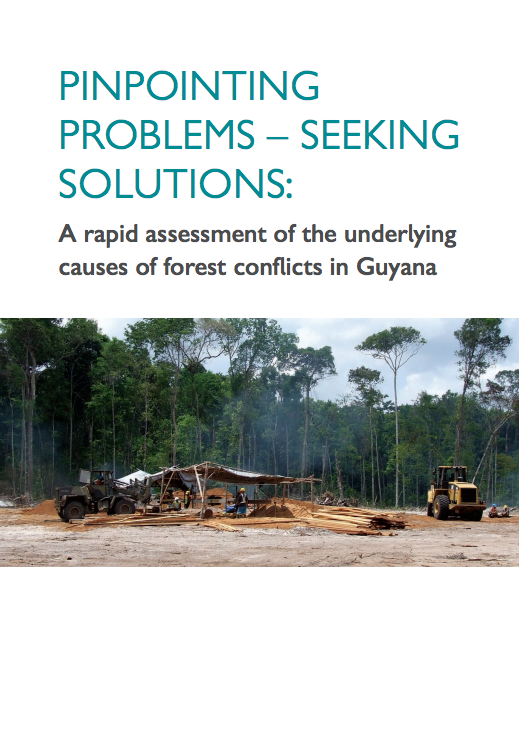The Influence of Forest Management Regimes on Deforestation in a Central Indian Dry Deciduous Forest Landscape
This research examines the impact of forest management regimes, with various degrees of restriction, on forest conservation in a dry deciduous Indian forest landscape. Forest change is mapped using Landsat satellite images from 1977, 1990, 1999, and 2011. The landscape studied has lost 1478 km2 of dense forest cover between 1977 and 2011, with a maximum loss of 1002 km2 of dense forest between 1977 and 1990. The number of protected forest areas has increased, concomitant with an increase in restrictions on forest access and use outside protected areas.



